- Over 200 IDPs in Ponnagyun struggle without shelter, food aid
- Junta airstrikes inflict deep psychological trauma on children in Arakan State
- Photo News: Over 200 IDPs in Ponnagyun in urgent need of shelter assistance
- Two children injured by UXO in Mrauk-U struggle to afford medical care
- High hepatitis cases hit children in Arakan State
Kyat’s depreciation against Thai baht blamed on junta’s foreign currency controls
Myanmar’s currency has slumped against the Thai baht as a consequence of the Myanmar military regime’s restrictions on US dollars, according to businesses that trade with Thailand.
21 Jul 2022
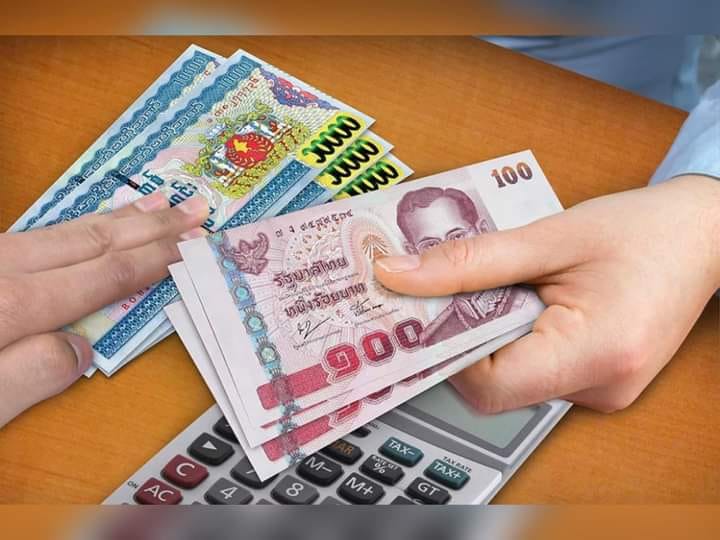
DMG Newsroom
21 July 2022, Sittwe
Myanmar’s currency has slumped against the Thai baht as a consequence of the Myanmar military regime’s restrictions on US dollars, according to businesses that trade with Thailand.
The kyat-baht exchange rate has slid since the second week of July, from 56 kyats per baht to 65 kyats per baht on Thursday, according to a money changer in Kayin (Karen) State’s Myawaddy, which borders Thailand.
“We sell at K65 and buy at K61 both in Myawaddy and [the Thai border town of] Mae Sot today. It appears that the kyat will further weaken against the Thai baht,” said the money changer.
The rise in the value of Thai baht is mainly attributable to speculation of currency traders at the border and in Thailand, and the kyat is unlikely to bounce back in the short term, according to money changers.
The kyat has also weakened against the Thai baht because the junta-controlled Central Bank of Myanmar (CBM) has imposed restrictions on the greenback, domestic market researchers have said.
“The major factor is the CBM’s control of foreign currency. Though it has fixed the exchange rate at around K1,860 per dollar, the rate is nearly K2,500 in the open market. It is partly because of speculators. The kyat has also weakened against other currencies. It will be difficult to re-adjust the market,” said one market researcher.
Adding to concerns about regime authorities’ handling of the economy, the CBM on July 13 issued a directive instructing domestic borrowers to suspend their foreign loan payments in an apparent bid to conserve the country’s depleted foreign exchange reserves.
The increase in the Thai baht’s value against the kyat has made it difficult for businesses that import pharmaceuticals, cosmetics and other consumer goods from Thailand, according to sellers of Thai-made goods.
“As the kyat-baht exchange rate has weakened, we have had to reduce our orders. Especially the prices of consumer goods and medicines have gone up,” said a wholesaler of Thai-made products from Mawlamyine, the Mon State capital.
Currently, money changers that deal Thai baht sell at 1,550 baht for K100,000, and buy at 1,625 baht for K100,000.




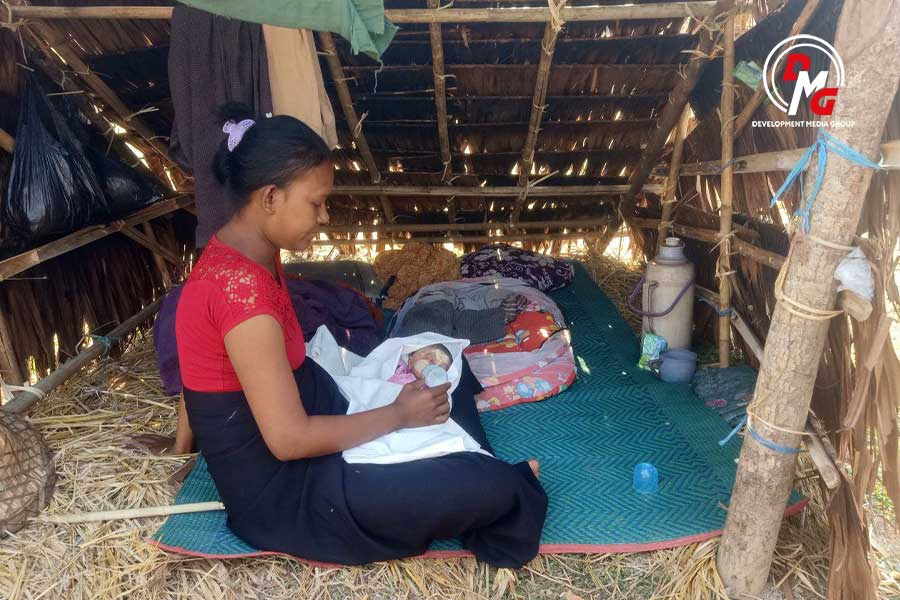

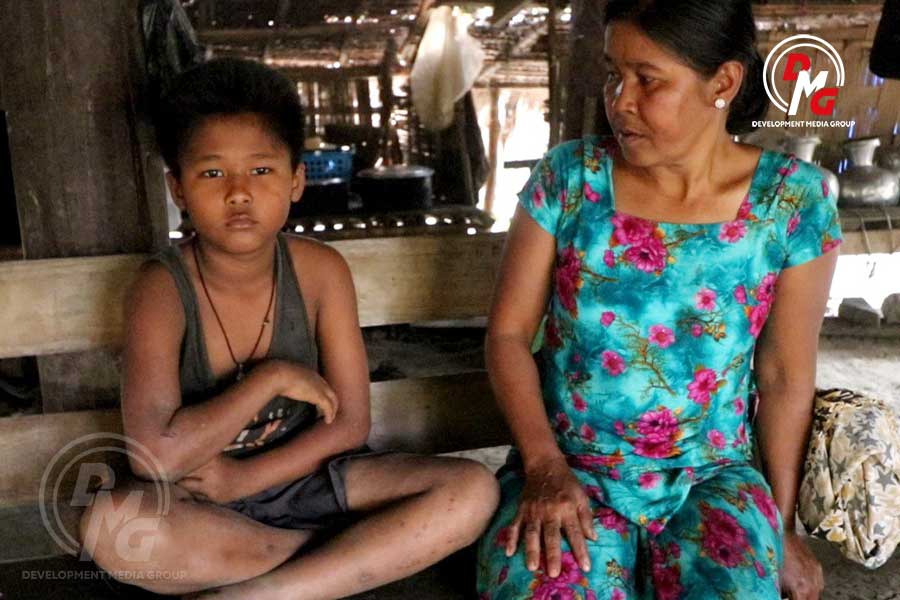
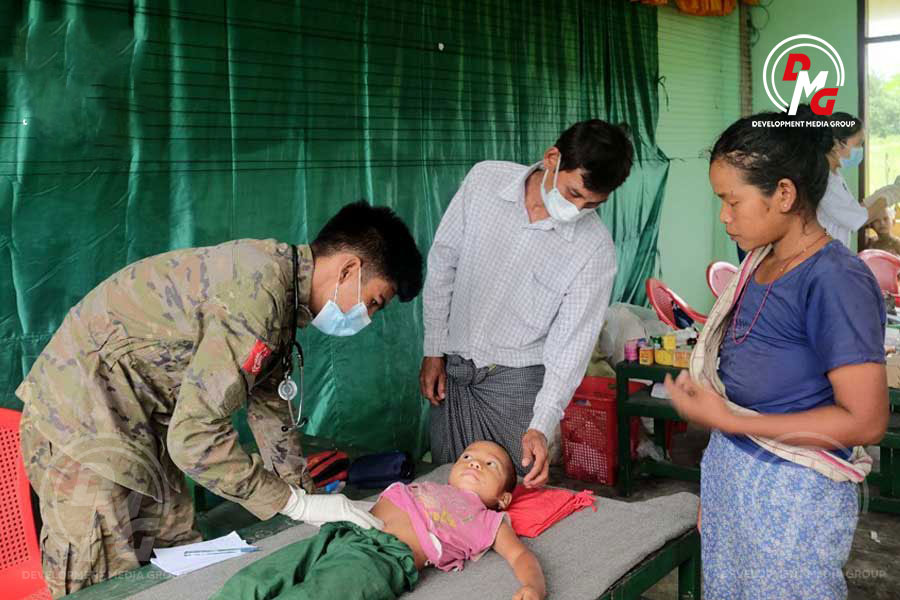
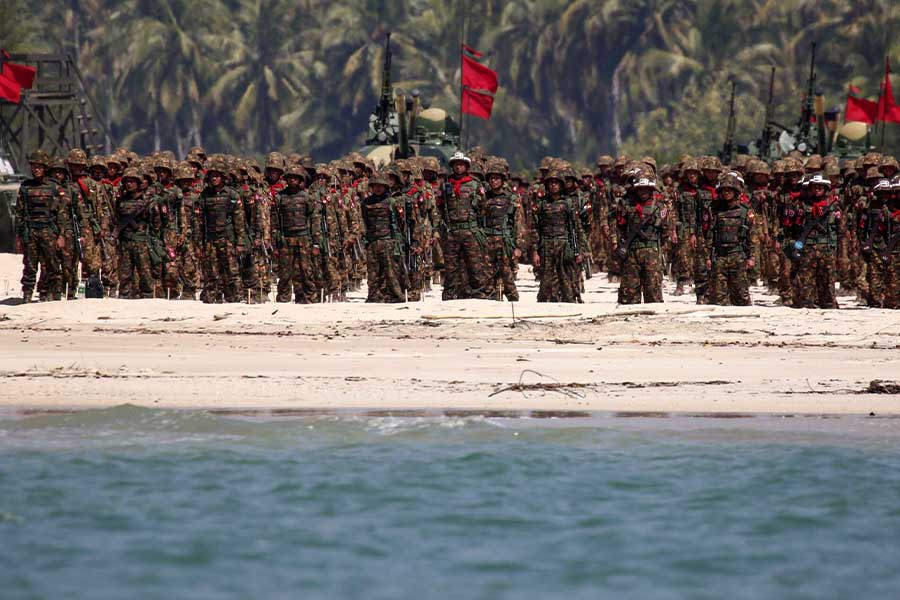








.jpg)